Zahed Sultan (Instagram) is a multihyphenate creative, working in a wide range of audio-visual media to produce thought provoking music and more that engages with ideas of social justice, community and culture.
Tell us about what it is that you do and how your journey began. Who is Zahed Sultan?
I explore storytelling through music, digital art, film, live performance, and cultural production. I h ave founded a social impact organisation in Kuwait (en.v), an arts organisation in London (COMMUN), and I’m working on a data co. at the moment.
From the moment I journeyed into music and public facing art, I didn’t have the stamina to chase trends or participate in viral nuances. I look at my journey as a slow burn process. I aspire to create timeless work which at times will take its time to find its place in the world – and I’m ok with that.
I also have an unforgiving habit (good or bad) that when people say go right, I go left. I have done this so many times in countless ways. I think it’s because ‘right’ feels like a saturated, loud space. Whereas ‘left’ allows for the opposite, an open and curious space.
Naturally, this habit brings about a sense of ‘otherness’ or oneness because you challenge the status quo. It can be uncomfortable, but thankfully I have numerous mediums to channel my discomfort into.
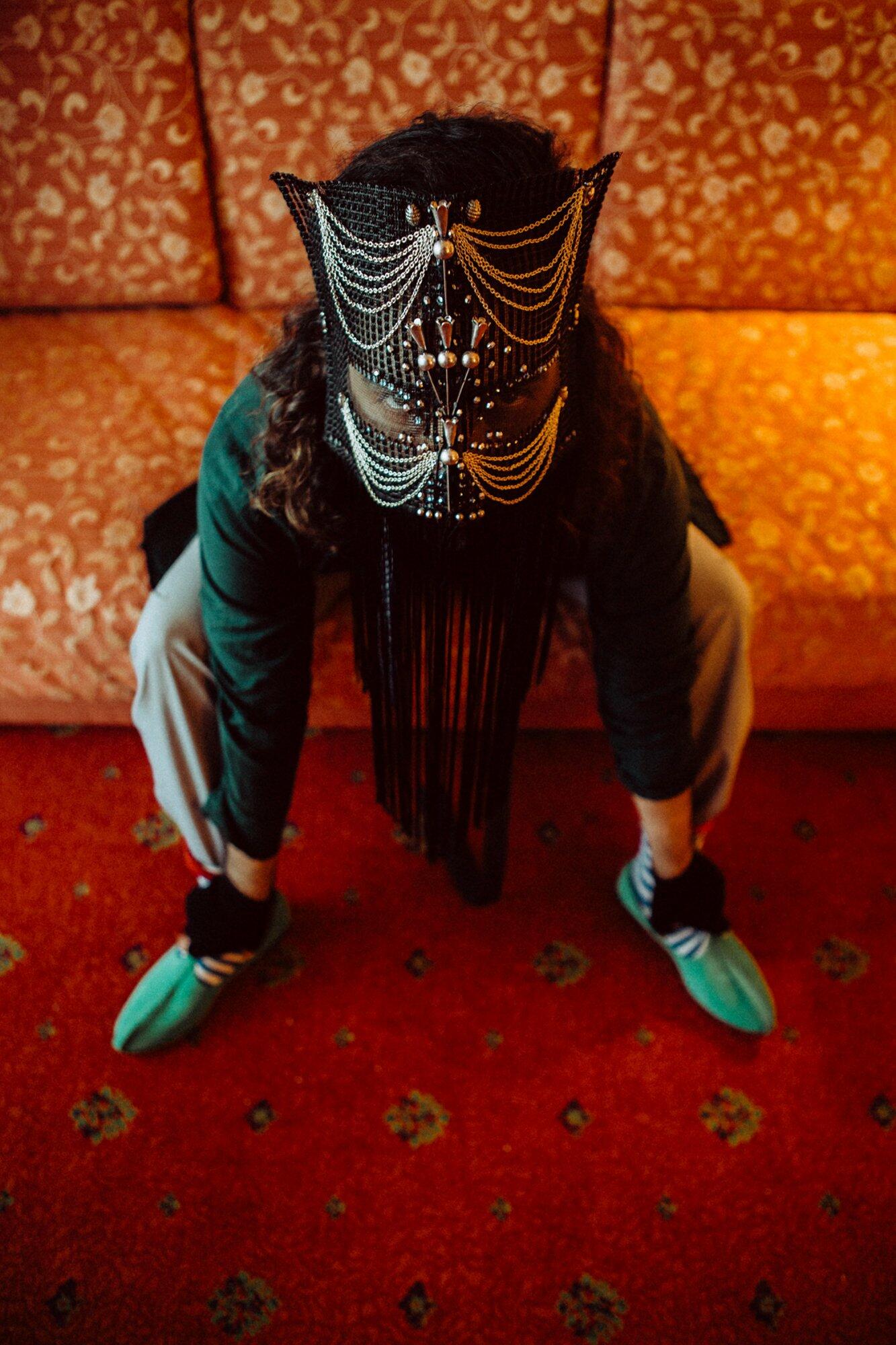
What audio elements are fundamental to the music you create? How would you describe your sound?
In the early stages of the pandemic, I coined an overarching theme for my work – Pop Nostalgia – as a lens through which I reshape an imagined or real past in a familiar, yet contemporary way.
I don’t have a particular audio element that is fundamental to the music I make. It’s a culmination of ideas that I log over time through various mediums like writing notes or phrases on my phone that unexpectedly come to mind, recording voice notes of songs that I hear on the radio or TV which I overlay with a vocal melody or harmonise a word with by looping it over and over. I also Shazam songs from TV series or movies that inspire a beat, a rhyme, or anything in between.
Your book, Haramacy, is a collection of stories of cross-cultural identity from a diverse range of writers. What objectives did you have?
In moving to London and exploring the many nuances the city had to offer, something struck me – how come such a diverse city had so few cross-cultural projects? Especially since ‘diversity’ and ‘inclusivity’ were / are such big buzzwords that circulate in the Arts.
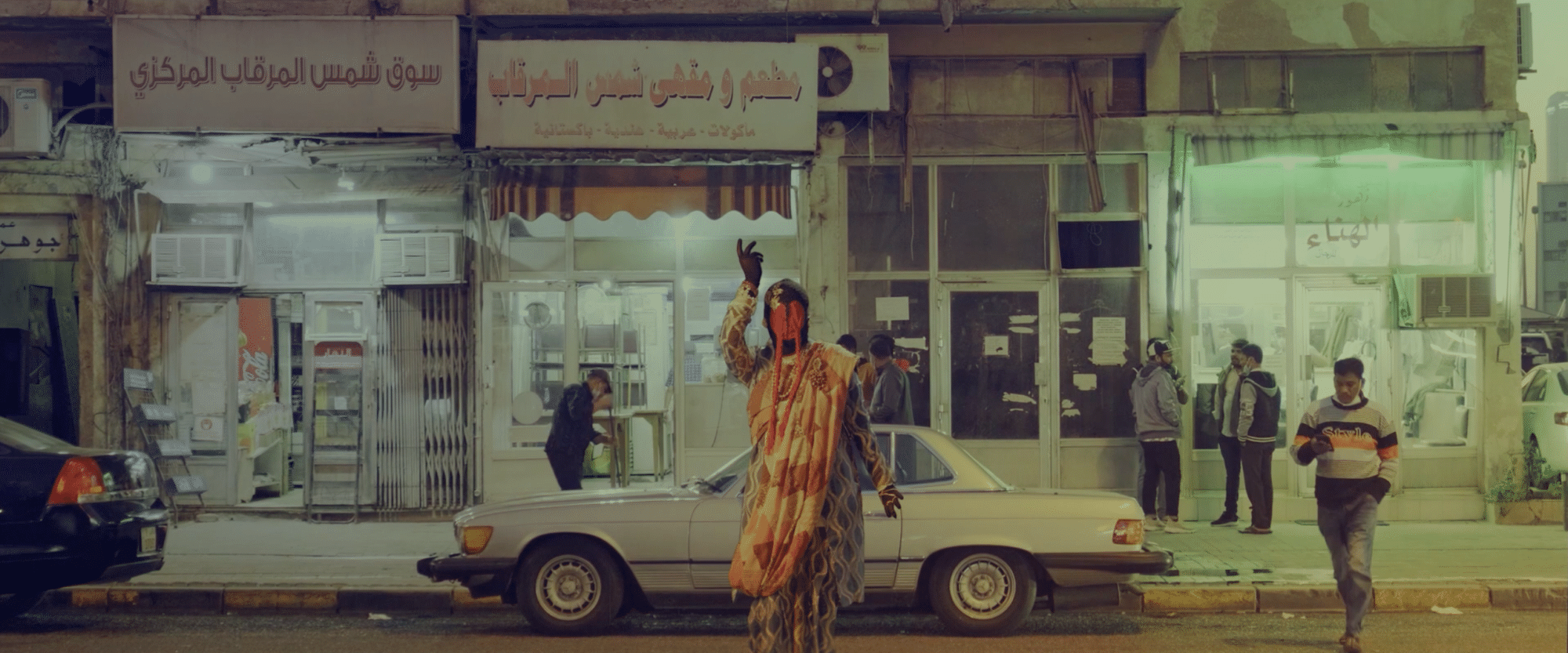
Unpacking this led me to create the first Haramacy program in 2019. On completion, I met up with a writer (Dhruva Balram – who later become a co-editor for the book) and we had a chat about the lack of diversity in UK media and how there wasn’t really a space for us to tell our stories unless they could be bundled into trending narratives or sit comfortably within a particular ‘gaze’. The idea for the book was born out of this chat and the intention was simple – let’s create a collective space to tell our stories, our way.
Collaboration and community are central to the projects you produce. What inspired your commitment to platforming and collaborating with other creatives?
I think it came about because I dared to take the initiative and shape spaces / build community when the consensus was that it was hopeless at the time (in Kuwait). I also have a curiosity to tell stories across multiple mediums which requires me to adopt a collective / collaborative approach to creating works in order for me to realise my ideas.
I feel like collective work is necessary. I have seen how it can lead to ingenuity and acceptance. If we look at the world around us, especially today, it emphasises that overcoming cultural and social challenges can’t be achieved through division, but rather by coming together and celebrating the threads that exist between each other.
How has your Kuwaiti-Indian heritage informed your approach to art, making, and community building?
Code-switching between two cultures comes naturally to me because I have been doing it my whole life. I’ve come to realise that exploring heritage and cultural similarities can create a hybrid space that feels comfortable – like home.
Follow YUNG’s Music Page for all the latest drops.
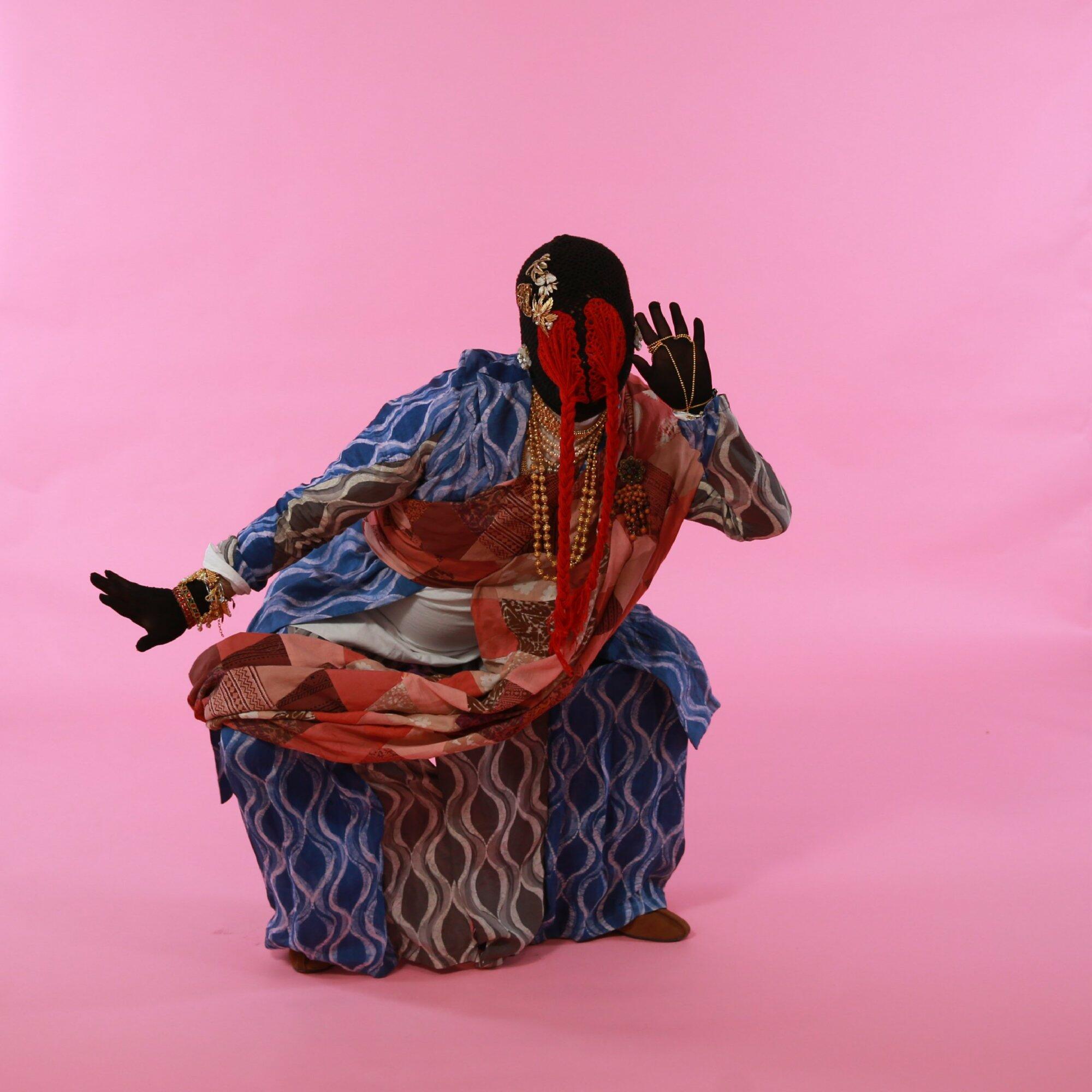
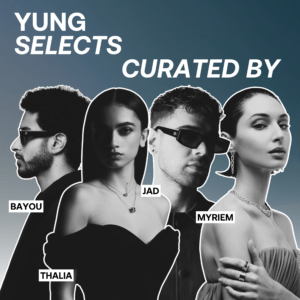
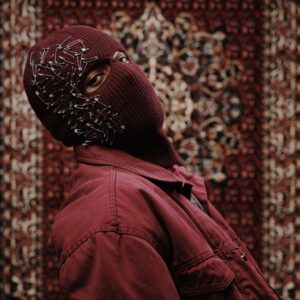

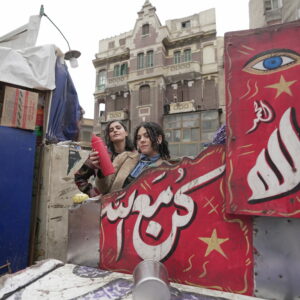
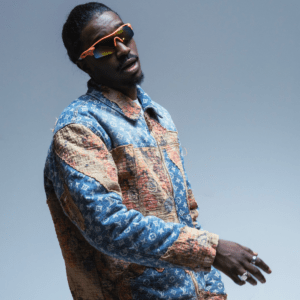
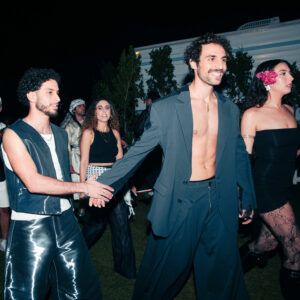

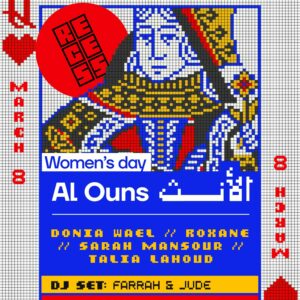

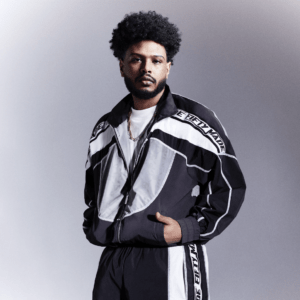
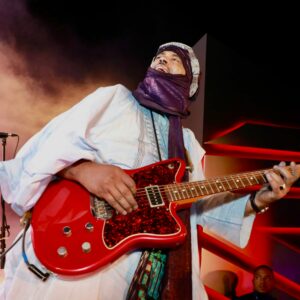
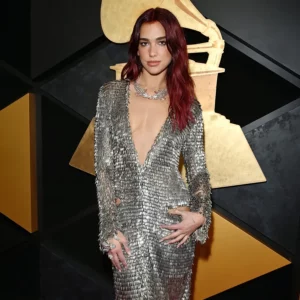
1 comment